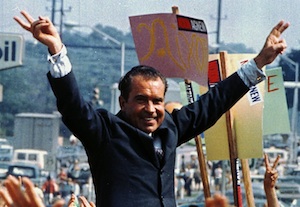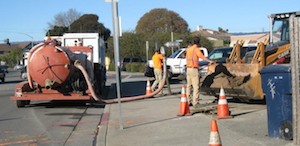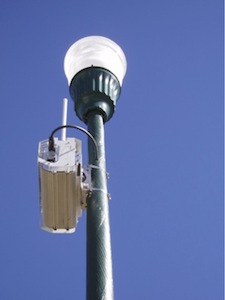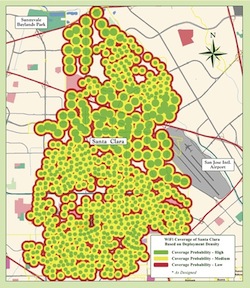Competition will make or, likely, break Pacific Grove muni FTTH business model

The business case for a muni fiber-to-the-home play is the number one worry as the Pacific Grove city council considers whether to pay SiFi Networks about a million dollars a year for the next 30 years to build and operate a system.
At its meeting on Wednesday evening, the council heard a presentation from Lee Afflerbach, principal engineer with CTC Consulting, who was asked to evaluate the technology. The questions afterward, though, were all about the business model: would the system make enough money to pay the lease, or would taxpayers be on the hook?… More

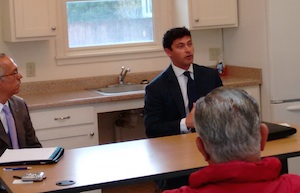
![By David Ball (Original work) [GFDL (https://www.gnu.org/copyleft/fdl.html), CC-BY-SA-3.0 (https://creativecommons.org/licenses/by-sa/3.0/) or CC BY 2.5 (https://creativecommons.org/licenses/by/2.5)], via Wikimedia Commons](https://www.tellusventure.com/images/2015/6/the_golden_gate.jpg)

